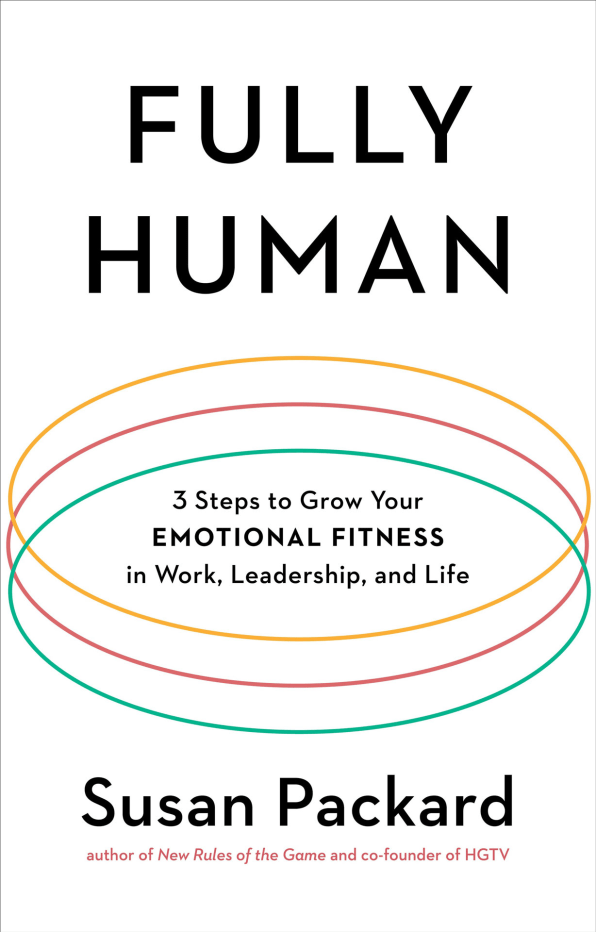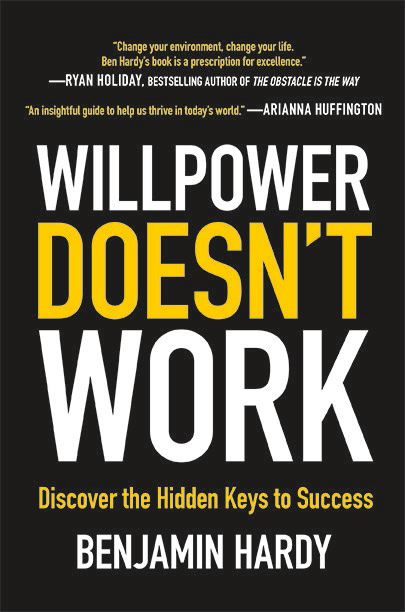#CareerAdvice : Risk Smart: Taking #YourCareer to the Next Level. “You Miss 100% of the Shots you Don’t Take.” – Wayne Gretzky
The choices we make throughout our careers take us all on quite a journey. When you first enter the workforce, it is a time of excitement and anticipation for what lies ahead. Over time, life takes us on a winding road of twists and turns in which our personal lives can intertwine with our professional lives.
While some life experiences can catapult us into unknown realms, it is important that we be open to embracing new career opportunities, and, when the moment is right, consider taking risks and pursue some new challenges.
Over the course of my career, I came to appreciate the importance of taking risks. In one of my first jobs in consulting, I worked diligently and waited to be presented with new opportunities to continue building a promising future career. As time went on, I learned the importance of being proactive in one’s career advancement. Don’t wait for your career to come to you—you need to take ownership of your own growth.
Here are three ways to feel more empowered and prepared to take smart risks:
“You miss 100% of the shots you don’t take.” – Wayne Gretzky
Risk and reward go together. Some of my greatest career achievements came about by taking educated risks, such as taking on new—and, at times, daunting—responsibilities. Once when asked to create a digital business within an organization, I approached the assignment with apprehension because I was concerned about the risk of failing in front of leaders who trusted me. To build my confidence, I reminded myself that growth comes from seeking out and taking on new challenges. By changing my mindset about the task, I was able to visualize that taking a risk into the unknown realm of “digital business” would enable me to learn a new field, expand my professional skill set, and earn the respect of my peers.
Like this Article ? Share It ! You now can easily enjoy/follow/share Today our Award Winning Articles/Blogs with Now Over 2.5 Million Growing Participates Worldwide in our various Social Media formats below:
FSC LinkedIn Network: www.linkedin.com/in/fscnetwork
Facebook: http://www.facebook.com/pages/First-Sun-Consulting-LLC-Outplacement-Services/213542315355343?sk=wall
Google+: https://plus.google.com/115673713231115398101/posts?hl=en
Twitter: Follow us @ firstsunllc
Question: Want the ‘the best/current articles/blogs on the web’ on Job Search, Resume, Advancing/Changing your Career, or simply Managing People?
Answer: Simply go to our FSC Career Blog below & type(#career, #leadership, #life) in Blog Search: https://www.firstsun.com/fsc-career-blog/
What Skill Sets do You have to be ‘Sharpened’ ?
Continue of article:
Before taking a risk at work, ask yourself, “What are the pros and cons?” If you miss out on the promotion or if you don’t get the open position, what does that ultimately mean to your career? Growth comes in trying and persisting. If things don’t go your way, it’s okay to feel disappointed. As Dr. Seuss says in “Oh, the Places You’ll Go!” my son’s favorite book: “I’m sorry to say so, but sadly, it’s true that bang-ups and hang-ups can happen to you. Use it as a learning opportunity. Make a mental note to reference how you will approach this the next time you’re ready to take a risk.
Above all, don’t miss the opportunity to take that chance and see where it takes you.
Think short – and long – term
There are times and places for risks, and the only person who can decide when the time is right to take a risk is you. I once received an offer for a position that I believed lacked long-term security from a company that was a major player in a volatile industry. Despite this uncertainty, I knew it was the right chapter of my life to take a chance—this was an opportunity in the short-term to propel myself toward my career goals, and I was committed to making it work.
When considering a career risk, it’s important to evaluate how it would fit into the current chapter of your life as well as your overall career journey. Is there a clear course leading you from where you are now to where you want to be? Are you willing to sacrifice some stability or salary in pursuit of this objective? Do you have the time to dedicate yourself to a new challenge now or are there other demands that would compete and make success unlikely? Answering these questions will help you become a better decision-maker when faced with opportunities to take chances.
Are you willing to sacrifice some stability or salary in pursuit of this objective? —Walia
Map out alternatives
When taking risks of any nature, it is important to have a sense of the full picture. It’s never fun to consider the downsides of risk, but it’s a necessary step to ensure you land on your feet if things go awry.
One good way to hedge your risks is to leverage your network and build your own personal “board of advisors” to your career. These people in your life can help you to assess risk and can also serve as a safety net in case things don’t work out. I believe in the power of positive thinking but having a Plan B isn’t a bad idea. Undeniably, having an alternate plan in place is critical to bouncing back and continuing your career journey.
Taking that first step into something new and unknown can often be unsettling. Our minds try and come up with all the reasons why not to take that risk. Start by taking the opportunity to talk it through with your trusted advisors and work out alternatives that will help ensure you are set up for success. Invest the time to map out what this could mean for your career now and in the future. And finally, take that shot! It could lead you down the path of a most rewarding career.
Author: Vicki Walia is Chief Talent and Capability Officer at Prudential where she oversees the talent team and a team of experts that connect strategy, identify organizational opportunities, build critical capabilities, and navigate change. Connect with her on LinkedIn.
Glassdoor.com | June 24. 2019












